In recent weeks, news of the federal government’s plan to hike electricity tariffs has sparked nationwide anxiety. The proposed increase, coming at a time when Nigerians are already grappling with economic hardship, soaring inflation, high fuel prices, and a weakened currency, is not only ill-timed but also deeply insensitive. While the government may argue that the hike is necessary to sustain the power sector and attract investment, it must first consider the devastating implications this would have on already overburdened citizens.
Electricity is no longer a luxury—it is a necessity that powers homes, businesses, and essential services. In an economy where many live below the poverty line and survival is a daily struggle, any increase in electricity tariff will only worsen the hardship. Food prices have doubled in the last year, transportation costs have skyrocketed due to the removal of fuel subsidies, and unemployment continues to hover at unacceptable levels. For many Nigerians, life has become a cycle of survival, not living. To now add higher electricity costs to this bleak picture is to court social unrest.
The government must also realise that the structure of electricity supply in Nigeria remains deeply flawed. The majority of Nigerians do not enjoy constant or reliable power supply. Many households and businesses still rely heavily on expensive alternatives such as petrol or diesel-powered generators. In some communities, electricity is barely available for a few hours a day, if at all. What then is the justification for asking people to pay more for a service they hardly enjoy?
A tariff hike without a corresponding improvement in electricity generation, transmission, and distribution infrastructure amounts to punishing consumers for government and private sector inefficiencies. The discourse around cost-reflective tariffs must not ignore the realities of service delivery. The Nigerian Electricity Regulatory Commission (NERC) and Distribution Companies (DisCos) must first earn the trust of the people through improved service before any discussion on upward tariff review can be justified.
Moreover, this proposal contradicts the government’s own commitment to reducing the cost of governance and alleviating poverty. One wonders how a government that claims to prioritise economic recovery and inclusive growth can, in the same breath, support policies that exacerbate inequality and hardship. If the objective is to improve the power sector, then there are other viable options: plug revenue leakages, curb corruption in the sector, invest in alternative energy sources, and ensure that DisCos meet their contractual obligations.
The argument that Nigeria must adopt cost-reflective tariffs to attract private sector investment in power is valid to some extent. But such a move must be sequenced, equitable, and accompanied by visible reforms. It should not be imposed arbitrarily or without adequate palliative measures. Other countries that have successfully reformed their power sectors did so with social safety nets in place. Nigeria cannot afford to copy policies without contextual adaptation.
Additionally, a tariff hike could severely cripple small and medium-scale enterprises (SMEs), which are the lifeblood of the Nigerian economy. SMEs already spend a significant portion of their operating costs on power generation. An increase in electricity cost will either force them to shut down, reduce workforce, or pass on the extra costs to consumers—thereby triggering further inflation and deepening the economic crisis.
What Nigerians need now is not more financial burden, but relief and support. The federal government must instead focus on stabilising the economy, creating jobs, and ensuring food security. It must also fast-track the provision of prepaid meters to end the regime of estimated billing that exploits consumers.
In conclusion, increasing electricity tariffs at this time is not only counterproductive, it is inhumane. The government should shelve this plan and instead concentrate on building trust through reforms and improvements in service delivery. Leadership is about empathy and timing. Now is the time to show both.
Onogwu Daniel writes from Utako, Abuja.

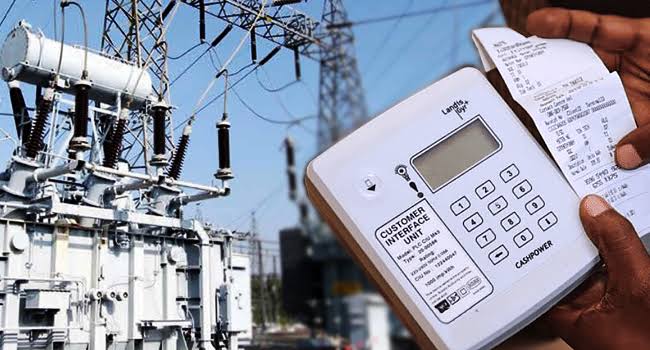




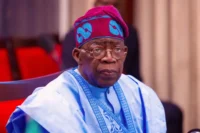
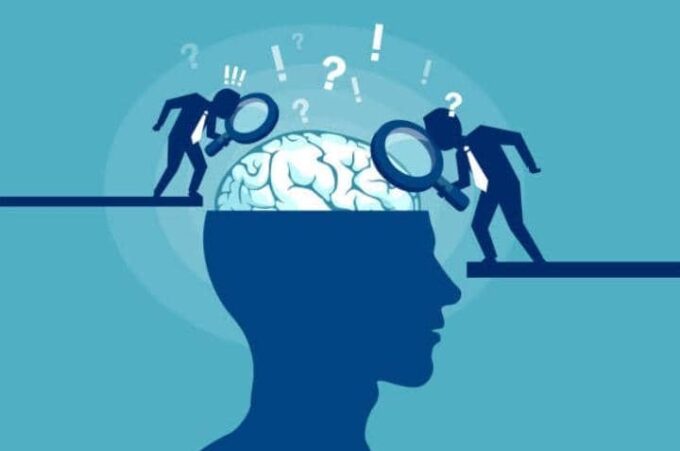
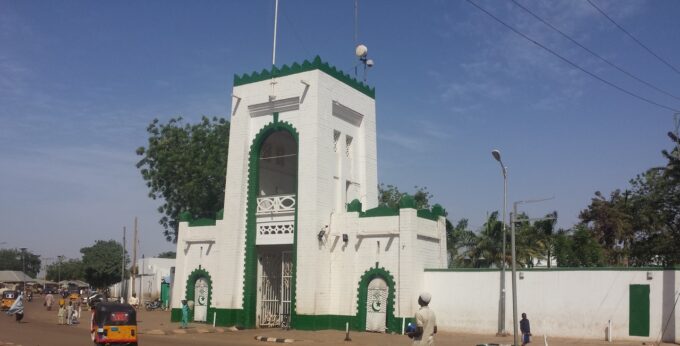

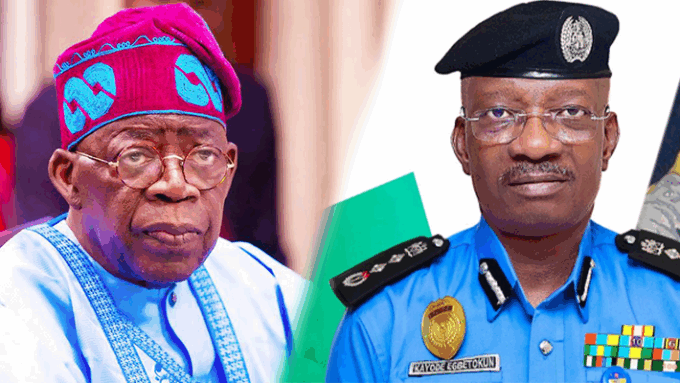

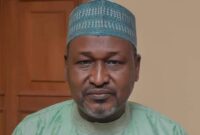
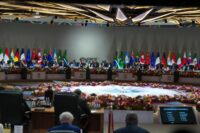

Leave a comment